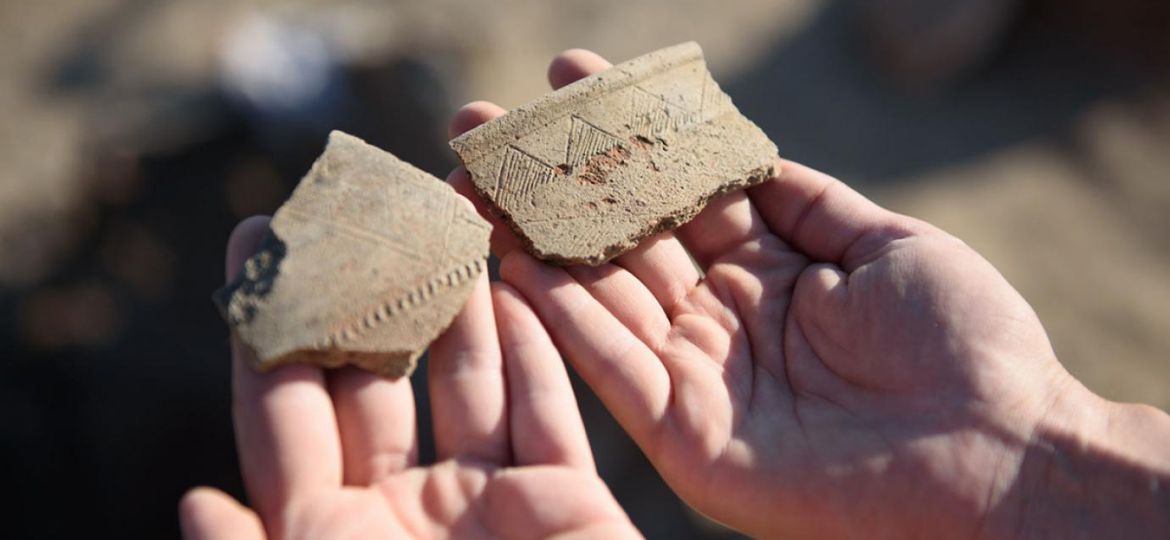Fighting against illicit trafficking
Cultural objects are of major cultural, artistic, historical and scientific importance. Yet, they are often subject to crime, including looting, theft and trafficking. This has a devastating impact on cultural heritage inside and outside the EU, in particular in crisis and conflict areas.
Trafficking of cultural goods is the illicit import, export and transfer of ownership of cultural property (items of importance for archaeology, prehistory, history, literature, art or science). This can take different forms, for example
- theft from cultural heritage institutions or private collections
- looting of archaeological sites
- displacement of artefacts due to war
To efficiently protect cultural heritage against illicit trafficking, a sound legislative framework, international cooperation and a solid base of evidence and well-targeted projects are needed.
Find out more at the official website of EU



